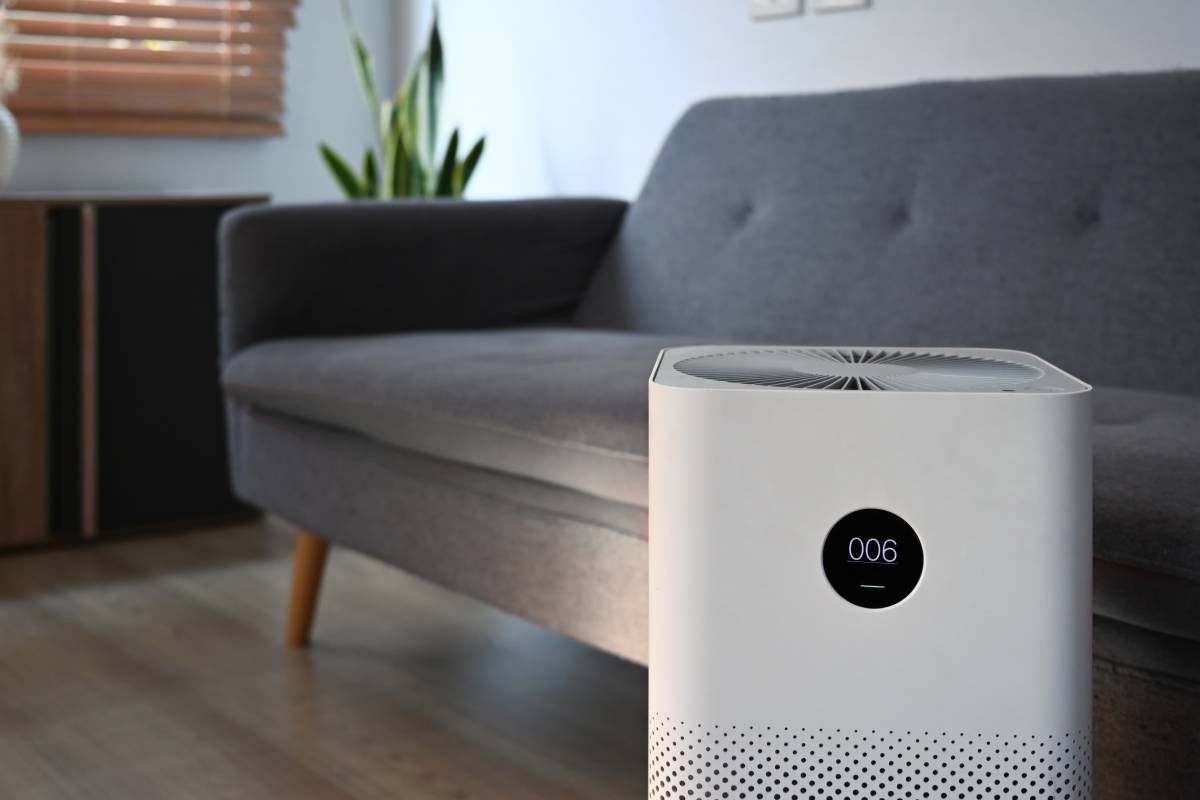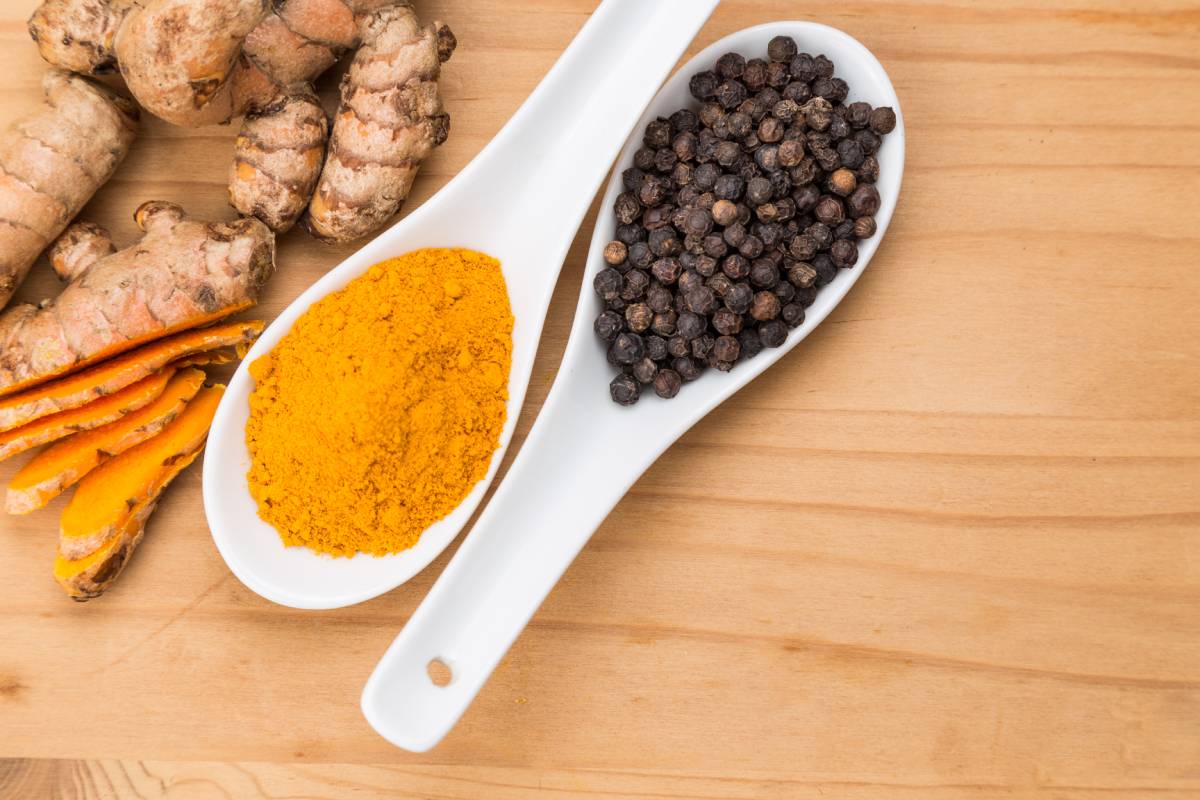
Dealing with a stuffy nose can be like navigating through deep water in life. Congestion not only brings brain fog and disrupts sleep but also makes simple tasks feel overwhelming.
While stores offer numerous over-the-counter solutions for sinus issues, these may be too strong for regular use and come with unwanted side effects. Consider gentler home remedies using items you likely already have. Here are seven science-backed natural ways to relieve congestion.
You might also like: Does deodorant contain aluminium? Is aluminium in deodorant safe? Should you make the switch to aluminium-free deodorant?
7 Ways to Relieve Nasal Congestion
Adjust Your Sleeping Setup
Maintain an upright position during the day to benefit from gravity, which helps drain mucus. However, lying down to sleep reduces this effect, allowing mucus to accumulate and block nasal passages. Improve this by using pillows to elevate your head while sleeping. The closer you can get to a sitting position without disrupting your sleep, the better gravity will work to keep your nasal passages clear. At the very least, ensure your head is higher than your heart to reduce blood flow in the nasal passages and decrease inflammation in blood vessels—a key factor in nighttime congestion.
Additionally, keep your bedding clean to create a congestion-free sleep environment. Regularly washing pillowcases, sheets, and blankets helps remove dust, animal dander, pollen, and other allergens that may accumulate over time. For those with allergies, sleeping on freshly cleaned bedding can lead to fewer nighttime symptoms. Some allergy sufferers also use dust mite covers and hypoallergenic bedding to minimize allergen exposure while sleeping.

Keeping Your Respiratory System Hydrated
If you’ve experienced a stuffy nose, you know that thin, watery mucus flows much faster than thicker mucus, which can easily block nasal passages. Since your lungs are 80% water, hydrating your respiratory system helps add water to your mucus, making it thinner and aiding drainage. If nighttime congestion is making it hard to breathe through your nose, these tips may help:
- Use a Humidifier: Keep the air in your bedroom from getting too dry while you sleep by using a humidifier. Aim for a relative humidity level between 30 and 50%. Dry air can worsen congestion, but excessive indoor humidity might lead to mould and worsen allergy symptoms.
- Inhale Steam: Take a steamy shower or create your steam tent by heating water on the stove. Lean over the pot with a towel draped over your head to trap the steam. Inhale for about five to ten minutes.
- Stay Hydrated: Drink clear fluids throughout the day, avoiding sugary, alcoholic, and caffeinated drinks, as they can dehydrate you. Hot drinks like herbal tea can help thin out mucus and promote drainage.
- Saline Nasal Spray: Use a saline nasal spray to lubricate your nasal passages, loosen mucus, and assist sinus drainage.
- Warm Wet Towel: Place a warm, wet towel or washcloth over your face to help loosen mucus and relieve sinus pressure discomfort.
Nasal Irrigation
A nasal irrigator, like a neti pot or squeeze bottle, can alleviate congestion and clear blocked sinuses by moistening nasal passages and loosening thick mucus. Neti pots are generally considered safe when used properly. Avoid tap water and choose distilled or boiled and cooled water.
- Prepare Saline Solution: Use a special salt mixture provided with the irrigator or follow package directions to mix a saline solution with lukewarm water.
- Application: Tilt your head sideways over a sink, gently pour the saline solution into one nostril, breathing through your mouth. It will drain out the other nostril. Blow your nose gently and repeat on the other side.
- Clean Properly: Thoroughly clean the neti pot after each use to avoid irritants and allergens. Use distilled water to prevent complications.
Improving Air Quality
Reducing exposure to allergy triggers is crucial, especially if you have allergies causing congestion. Your bedroom, where you spend a significant amount of uninterrupted time each night, is a key focus. Regular cleaning helps prevent the accumulation of dust and allergens on floors, furniture, bedding, and other items. Placing an air purifier in your bedroom can further assist.

Air purifiers work by cycling the air in a room and trapping airborne allergens in their filters. Many allergens, like dust and pollen, exist as solid particles in the air. When selecting an air purifier, opt for one that can capture fine particulate matter (PM), such as HEPA filters.
To maximise the benefits of your air purifier, adhere to the manufacturer’s recommendations for placement, room size, and filter replacement.
Using Spices for Relief
If you’ve ever felt your nose run after eating spicy foods, you’ve experienced their natural decongestant properties. Here are three foods and herbs that may help relieve nasal congestion at home:
- Ginger: A 2020 study found that a daily 500-milligram dose of ginger extract was as effective as loratadine (found in Claritin) in relieving nasal allergy symptoms, without the side effects of drowsiness, fatigue, dizziness, and constipation.
- Capsaicin: The spicy sensation from hot peppers is due to capsaicin. Ingesting capsaicin can help open nasal passages and drain mucus, as shown in a study using capsaicin nasal spray.
- Mint: While not a decongestant, menthol in mint can create a sensation of easier breathing. Mint tea, though not a direct congestion reliever, can provide comfort when dealing with a stuffy nose. Camphor and eucalyptus have similar effects.
Chicken Noodle Soup for Relief
Chicken noodle soup is a popular choice for those feeling under the weather, and there’s a good reason for it. Hot soup creates steam that hydrates and loosens mucus. Additionally, chicken contains cysteine, which helps break up and thin mucus. The broth in chicken soup is also great for hydration, provided it’s not overly salty.
Cysteine, found in foods like chicken, turkey, garlic, yoghurt, eggs, and whole grains, can assist with congestion. It has even been used as a supplement for conditions like bronchitis and chronic obstructive pulmonary disease. Homemade chicken soup is preferable, as it allows you to avoid processed meats and control the broth’s sodium level.

Curcumin for Decongestion
Curcumin, found in turmeric, a root commonly used in traditional dishes in India, China, and neighbouring regions, has powerful anti-inflammatory effects. Studies have shown its effectiveness in relieving sneezing, runny nose, and congestion in people with allergic rhinitis (hay fever).
To supplement with curcumin, you can either take it in pill form, often sold as turmeric supplements, or incorporate turmeric into your cooking or drinks like golden milk. However, curcumin has low bioavailability on its own. Combining it with piperine, found in black pepper, can increase bioavailability by 200%. When using curcumin in cooking, add some black pepper. If opting for supplements, choose those containing piperine or black pepper. It’s advisable to consult your healthcare provider before starting any new dietary supplements.
While over-the-counter medications can help with congestion, there are alternative ways to find relief from sinus congestion. These home remedies, coupled with ample rest and hydration, can also contribute to clearing up congestion. If congestion persists with pain or fever, lasts more than a week, or worsens after treatment, consult your healthcare provider for guidance.

